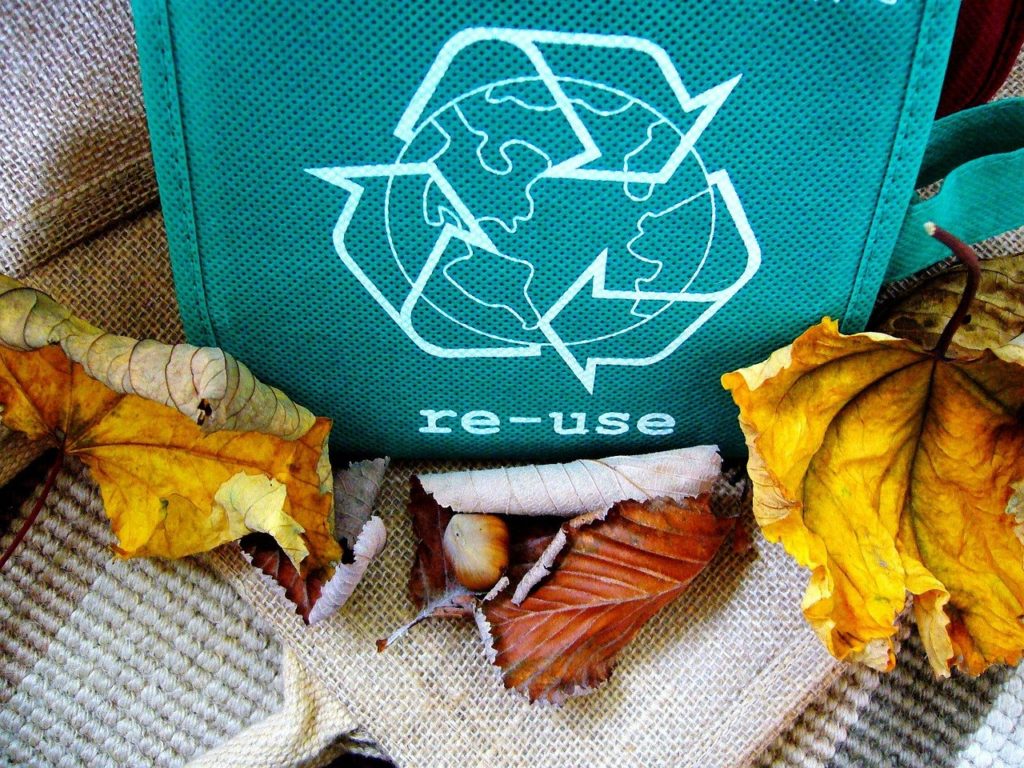
Dr Muthu de Silva from the department of Management gives an overview of the findings of two recent Organisation for Economic Co-operation and Development reports, published with her co-authors, about the role co-creation played during the Covid-19 pandemic, and how it can shape innovation going forward.
Co-creation is a mechanism of simultaneously generating academic, business and social value. During co-creation actors of the innovation ecosystem – such as businesses, universities, governments, intermediaries and society – act as collaborators to integrate their knowledge, resources, and networks to generate mutual benefits. The idea behind co-creation is that the joint efforts towards change or impact can lead to lasting and effective innovation.
As an institution, Birkbeck is committed to delivering theoretically rigorous research with real-terms, practical impact, and a concept like co-creation is a really great way to facilitate this. Co-creating with non-academics enables academics to integrate needs and resources of both academic and non-academic communities, enhancing the reach and usefulness of their research.
Over the years, I’ve published about 20 journal articles on the topic of co-creation and received eight best paper awards for these publications. In 2019, I was invited by the Working Party on Innovation and Technology Policy of the Organisation for Economic Co-operation and Development (OECD) to develop a conceptual framework on co-creation between science and industry. This meant publishing a high quality journal article and leading their 2021 – 2024 co-creation project that directly influences the strategies of innovation agencies, and ministries of 37 countries who belong to the OECD, and a wider audience that benefits from OECD publications.
This work resulted in two reports and a journal article designed to influence innovation strategies of OECD member states. It has also resulted in leading another project regarding the importance of university and industry co-creation for a societal and economic green transition.
Based on evidence gathered from 30 COVID-19 co-creation initiatives from 21 countries and three international cases, the two reports showed that co-creation was widely used to respond to the challenges raised by the COVID-19 pandemic. What was evident through the reports was that existing co-creation networks enabled the rapid emergence of new initiatives to address urgent needs, while digital technologies enabled establishing new – and, where necessary, socially distanced – collaborations.
For instance, co-creation of medical innovation relied on substantially larger existing networks due to the complexity of medical discovery and manufacturing processes involved in developing these innovations. The COVID-19 Türkiye Platform, the transnational Exscalate4CoV, and the UK’s Oxford-AstraZeneca initiatives are examples of this. Digital tools were also used in numerous ways. As an example, the COVID Moonshot project which aimed to develop antiviral drugs against COVID-19 by identifying new molecules that could block SARS-CoV-2, involved three scientists who organised a hackathon inviting researchers/virologists to submit molecules, donations and assays (testing) via Twitter, resulting in over 4 000 submissions.
Aside from funding initiatives, governments engaged actively in co-creation by granting access to their networks, advising on initiative goals and offering support to improve quick delivery. The role of civil society was important as well, and the socially impactful nature of research and innovation was a motivating factor for engagement. For example, the Austrian COVID-19 Pop-up Hub initiative; the Federal Ministry for Climate Action, Environment, Energy, Mobility, Innovation and Technology co-developed the themes (Digital Health, Distancing, Economic Buffers and State Intervention) for public virtual discussion and participatory policy idea development taking place via the Hub.
What emerged from the reports, were the following lessons for the design and implementation of future policy programmes for co-creation:
- Purpose is the strongest driver of co-creation; incentives to support co-creation should go beyond facilitating access to funding.
- Crisis-specific programmes may not be needed out of the crisis, but networks and infrastructures should be strengthened during “normal” times.
- There is room for building new collaborations between researchers and producers to accelerate innovation during “normal” times.
- Policy should support wider development and use of digital tools for co-creation.
- New approaches should be leveraged more to tap into the large pool of diverse and readily available capacities in the economy.
- Governments’ involvement in co-creation activities as network builders can help speed up solutions; enhanced agility in their operations should be encouraged.
- Public engagement in co-creation can help market uptake of new solutions.
Further information




